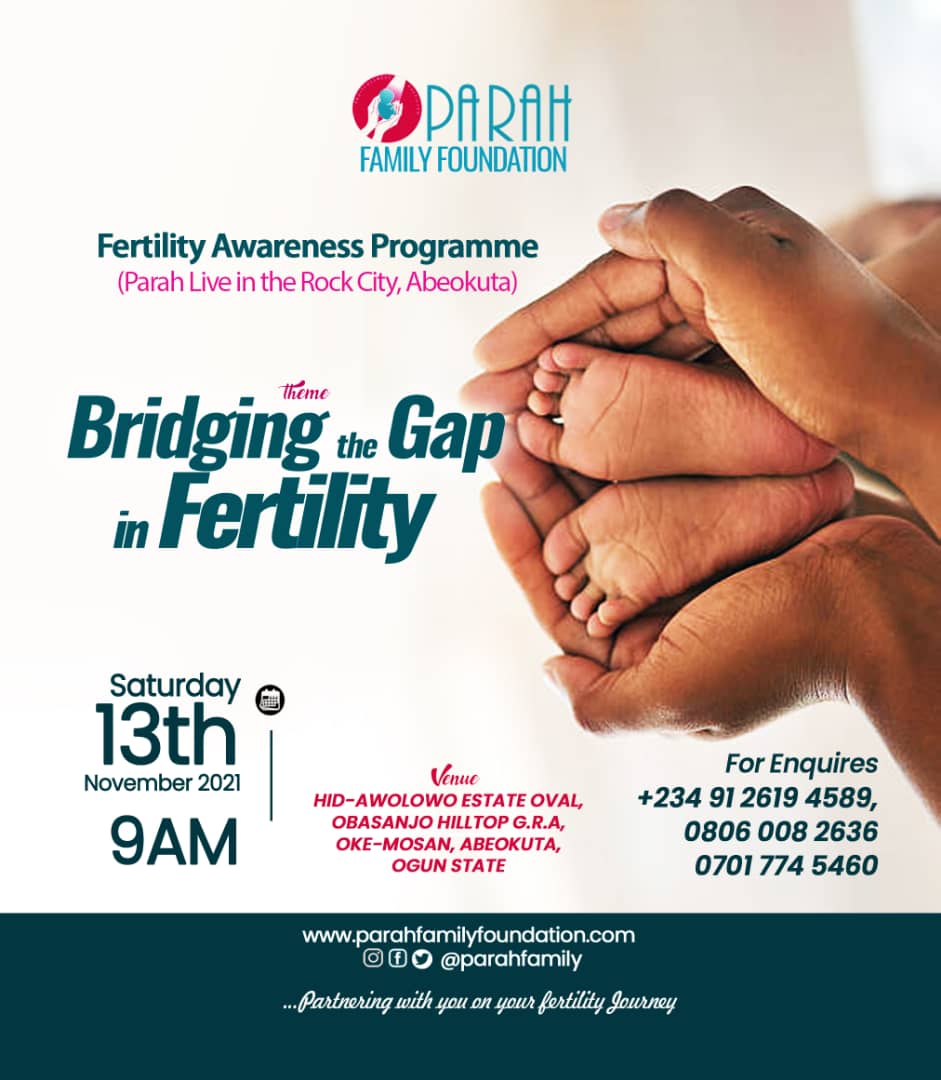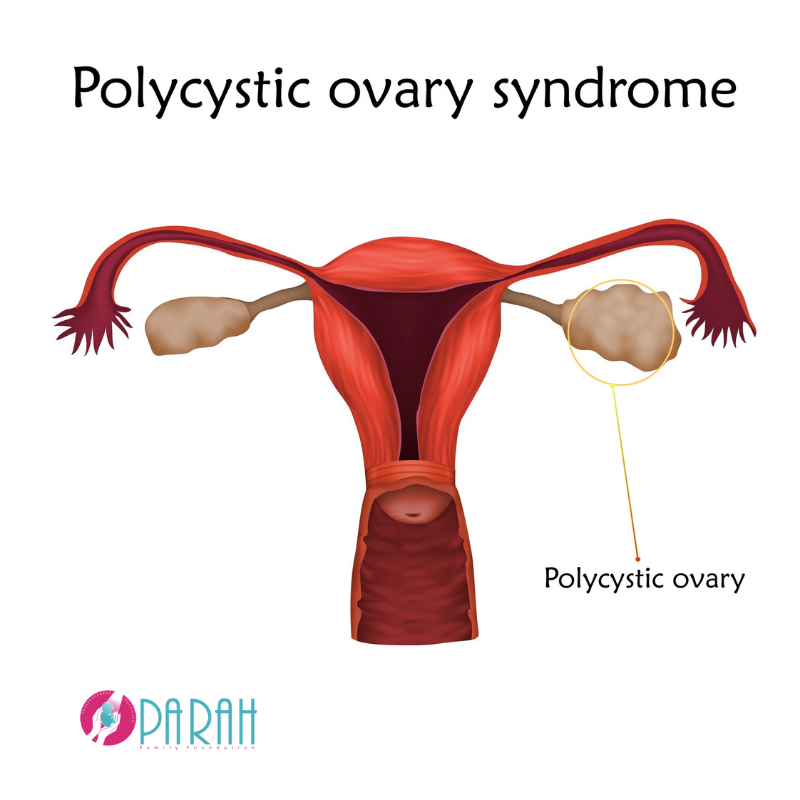10 Best Herbs to Boost Fertility
If you’re looking to get pregnant, you’ve probably thought about every option under the sun, but the all-natural method of making babies holds a lot of appeal to many prospective moms.
Not all infertility problems can be treated with herbs – some truly do need medical intervention. However, issues related to irregular cycles and ovulation, high stress, hormone imbalances or even weak uterine muscles may become helped with herbal remedies for a fertility cleanse.
When you’re looking into nature’s options before exploring others, consider the following, but be sure to talk to your doctor first.
1. Chaste berry: Also known as Vitex Agnus Castus, chaste berry regulates hormone imbalances. On a small scale, it helped women to get pregnant, but not in a large controlled environment. At the very least, chaste berry helps to regulate your natural cycle, and that’s always good for baby-making.
2. Black Cohosh: Sure, it has a funny name, but black cohosh can stimulate your ovaries, and better yet, the eggs inside! If nothing else, it helps to relieve the feeling of menstrual cramps. However, it should only be used in the first half of your menstrual cycle to prevent problems.
3. False Unicorn: This root regulates all the business going on in your ovaries. Some people suggest that false unicorn also helps with men’s fertility. Be careful though, and only use it before regulation and before your pregnancy.
4. Evening Primrose Oil: In addition to relieving your period symptoms, primrose oil helps you to produce good, fertile cervical fluid. This extra layer helps to protect the little swimmers as they make their way to the egg, leaving a greater chance of fertilization. It’s safe to use from your period to ovulation.
5. Red Clover: Red clover is estrogen’s twin hormonally. Though not identical, they can both serve the same purpose, as red clover helps to thicken the uterine lining, which leads to better implantation and increases your fertility.
6. Liquorice: This root extract can be bought as a tincture, or the root itself can be used to make a decoction. It action with regard to fertility is twofold:
(a)It helps detoxify and repair the liver, support the endocrine system and modulate the immune system. All three of these functions contribute to better overall hormonal health.
(b)It is a phytoestrogen, i.e., while it is not produced by the body, it acts as oestrogen does. Phytoestrogen binds to oestrogen receptor sites, and so blocks these sites being bound by xenohormones. (Xenohormones are foreign molecules that bind to hormone receptors and hamper the health of the body.)
Liquorice also helps balance blood sugar levels, acts as anti-inflammatory, aids digestion and helps cervical mucus production. When taking liquorice, always stick to the recommended dosage. Do not consume in large quantities.
7. Ashwagandha:
The Ashwagandha root extracts can be taken as tincture or capsules. It helps bolster your body’s ability to deal with stress, supports the endocrine system and helps normalise the immune system – all of which, if impaired, could lead to fertility issues.
Stress-induced infertility in men can also be combated with Ashwagandha. Avoid excessive use during pregnancy.
8. Cinnamon:
The cinnamon bark can be powdered to make capsules, or a tincture can be extracted from its root. Just like other natural fertility herbs in this list, cinnamon also has multiple beneficial effects that contribute to its fertility boosting effects.
Cinnamon has been observed to reduce insulin resistance. Insulin resistance is believed to be one of the factors that cause PCOS (Polycystic Ovary Syndrome) in women, which is a major cause of infertility and believed to affect 1 in 10 women. Cinnamon also helps control heavy menstrual bleeding.
9. Milk Thistle:
This plant is best taken in tincture form as its seeds are harder to digest. Milk Thistle is an excellent natural medicine for the liver. It cleanses, renews and protects your liver. The liver, in turn, maintains hormonal health.
Milk Thistle also aids production of breast milk and is known to help stave postpartum depression.
10. Damiana:
Damiana is a shrub with yellow flowers, its leaves are dried and used to make a tea which serves as an aphrodisiac. It stimulates nerves and increases blood flow to sexual organs. Damiana can help men overcome impotence and also modulate spermatorrhea, which is a condition that causes excessive, accidental ejaculations.
With any herbal remedy you heard about, be sure to take it with a grain of salt and always talk to your health care provider beforehand.
There are very few regulated studies with herbs and fertility, and herbs are not heavily regulated by the FDA. You should probably skip the herbs if you’re already using fertility supplements prescribed to you.
After all, being safe is key when dealing with fertility.
Best of luck!
‘Yinka Bosede




